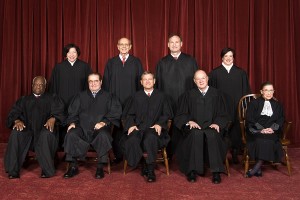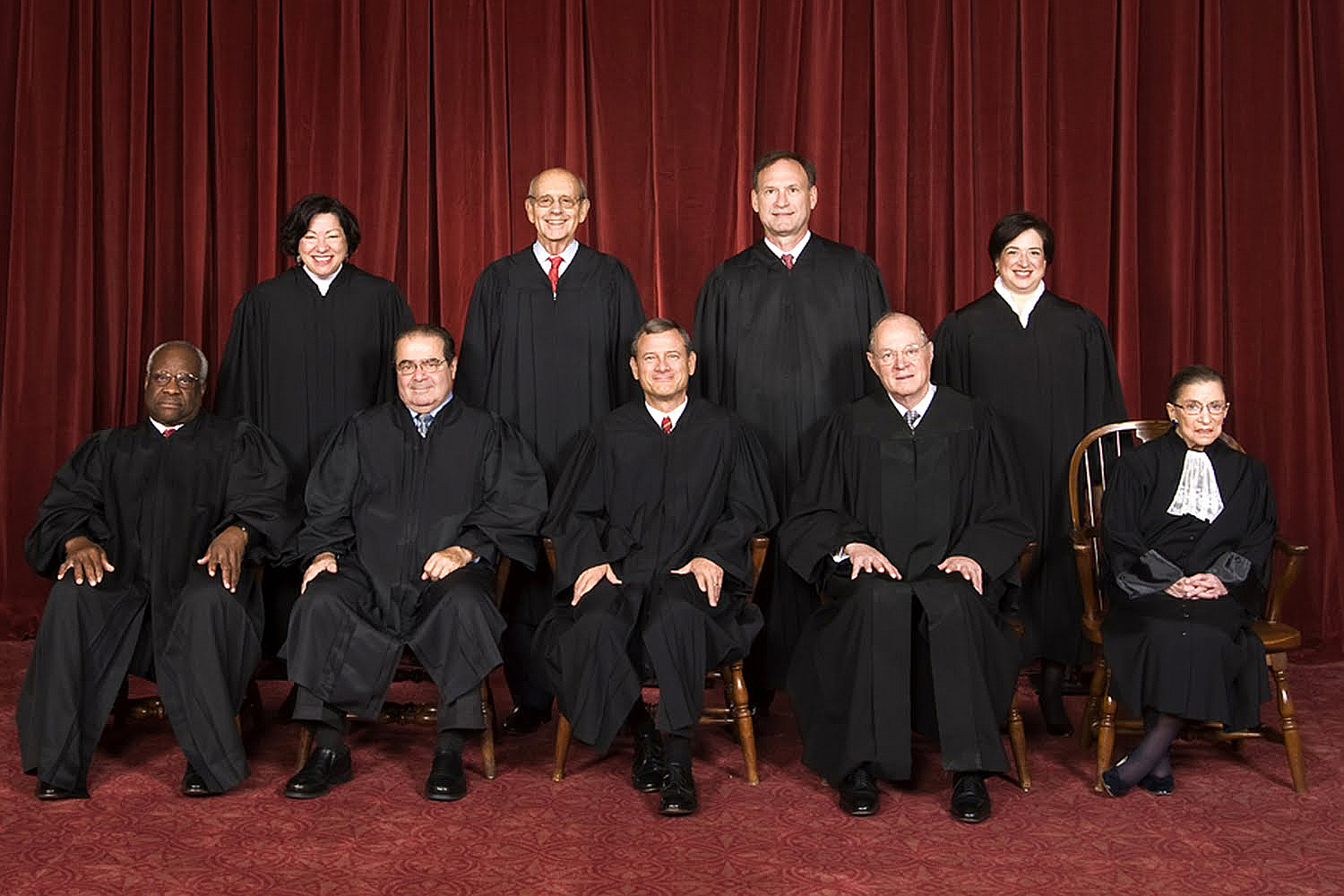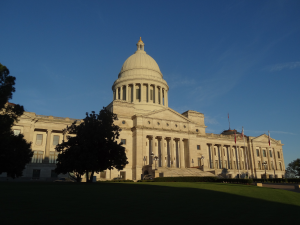U.S. Supreme Court Declines to Review AR Abortion Law
 Today the U.S. Supreme Court declined to review a law Arkansas passed in 2013 preventing most abortions after the twelfth week of pregnancy when a fetal heartbeat is detected.
Today the U.S. Supreme Court declined to review a law Arkansas passed in 2013 preventing most abortions after the twelfth week of pregnancy when a fetal heartbeat is detected.
The law was partially struck by a lower court in 2014; the Attorney General’s office petitioned the U.S. Supreme Court to review and reverse the lower court rulings against the law, but the Supreme Court has decided not to do so.
Specifically, the lower court rulings treated the provisions of the law dealing with informed-consent prior to an abortion as constitutional; however, the portions preventing most abortions after the twelfth week of pregnancy were ruled unconstitutional.
A hearing on the 2013 law at the U.S. Supreme Court would have set the stage for the court to reexamine past cases dealing with abortion, including Planned Parenthood v. Casey and Roe v. Wade—both of which we have written about here.
The U.S. Supreme Court cannot ignore this issue forever. The “viability rule,” which makes it difficult for states to regulate abortion procedures prior to the point an unborn baby becomes “viable,” was established in the Casey decision. It is, as Attorney General Rutledge argued, an arbitrary rule and lacks a firm foundation. As state laws and advances in medical science continue, the “viability rule” will be challenged. Eventually, the U.S. Supreme Court will have to reevaluate it. For now, however, the U.S. Supreme Court has chosen not to do so.
Today’s decision by the U.S. Supreme Court is not related to the two lawsuits Planned Parenthood is involved in against the State of Arkansas.



 LITTLE ROCK, AR – Arkansas has been ranked by Americans United for Life as the fourth most pro-life state in the nation.
LITTLE ROCK, AR – Arkansas has been ranked by Americans United for Life as the fourth most pro-life state in the nation.
 John Stonestreet and our friends at the Colson Center for Christian Worldview released an excellent commentary today highlighting the “moral deficit” involved when it comes to Powerball and state lotteries in general.
John Stonestreet and our friends at the Colson Center for Christian Worldview released an excellent commentary today highlighting the “moral deficit” involved when it comes to Powerball and state lotteries in general.